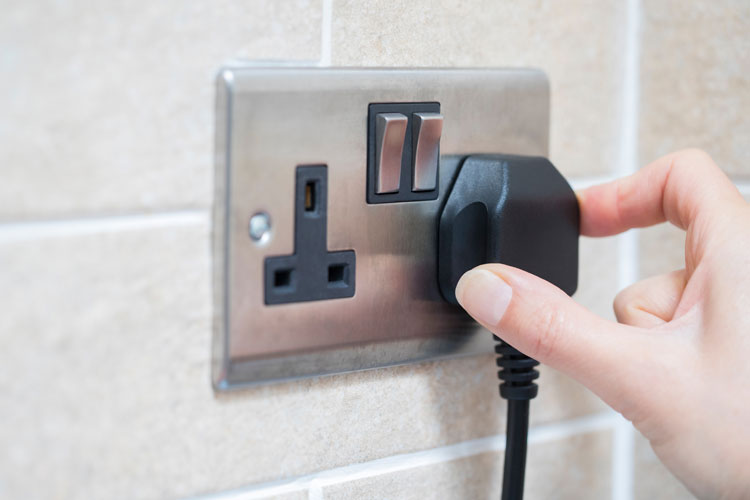Pre-Payment Energy Tariffs Are Ripping off 4 Million Households—Report

Households with pre-payment meters can pay up to £378 more for their energy than homes with credit meters, according to a new report.
The report from Switchcraft estimates that 16% of British households, or around 4 million customers, use pre-payment tariffs for their electricity, topping up meters as they go rather than paying for energy after the fact.
A substantial portion of these households are classified as vulnerable, meaning they struggle to heat their homes and pay other bills and experience poverty, illness, disability, and other difficult circumstances.
Collectively, households on pre-payment meters are spending an extra £1.5 billion each year on their energy bills, Switchcraft estimated.
Energy market regulator Ofgem capped the amount suppliers could charge customers on pre-payment tariffs in April 2017, with the Safeguard Tariff. But that cap was raised by £106 this past April, to £1,242 for a dual fuel household with typical use.
For many customers these pre-payment tariffs, even capped, are a “financial prison sentence.”
Many households are pushed onto pre-payment tariffs because they fall into debt to their supplier or have a poor credit rating. But pre-payment tariffs only increase their energy bills and reduce their choice of tariffs, putting them into what Switchcraft called an “energy-poverty” trap.
While there are more than 150 deals for monthly direct debit customers that are £10 or more cheaper than the £1,242 Safeguard Tariff, there are just 22 cheaper deals available for pre-payment customers.
With higher costs, many customers on pre-payment tariffs then face escalating debt to their supplier that prevents them from switching to another supplier or onto a cheaper credit tariff.
Switchcraft says that suppliers benefit from ‘trapping’ these customers: “Well, a cynic might say it puts them in a position of power. The more in debt you are, the longer you are tied to them. The same holds for the ‘loyalty tax’ – suppliers are more than happy for you to slip out of contract, unnoticed and on to an extortionate standard tariff.”
Ofgem said the pre-payment price cap was doing enough to protect customers: “The price cap ensures that consumers remain protected from being overcharged for their energy and that any increases in the level are only due to actual rises in energy costs, rather than excess charges from supplier profiteering.
“The cap has significantly reduced consumers’ bills. Our analysis suggests that on average consumers are paying less than they would be if the cap was not in place. Households who use more energy, such as large families, are saving even more.”
However, last year Ofgem found that tens of thousands of pre-payment households are ‘self-disconnecting’ from their supplies, either because they can’t afford to top up their meters or forget to.
Their figures echoed findings from Citizens Advice, which warned last year that 140,000 households could not afford to top up their pre-payment gas and electricity meters in the previous year. Of those customers, more than half (56%) coped with cold homes, while more than a third (35%) made do without lights.
88% of those households contained a child or someone with long term health conditions, and 87% were in receipt of benefits.
Read on our blog

With the government poised to implement tough new measures to...

Budget broadband provider TalkTalk has been notifying customers via email...

A year-long investigation by charity Citizens Advice has revealed a...

Education Secretary Nadhim Zahawi has announced a new commitment to...
